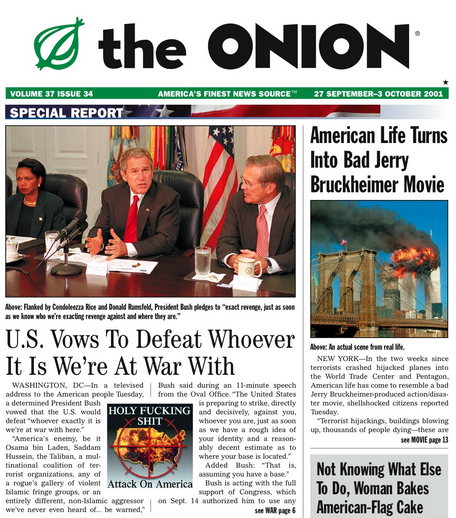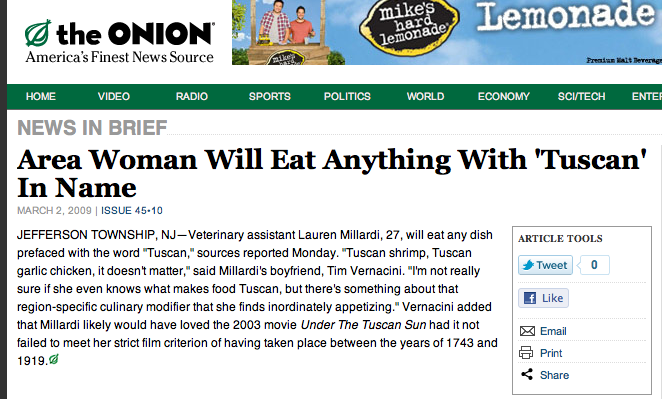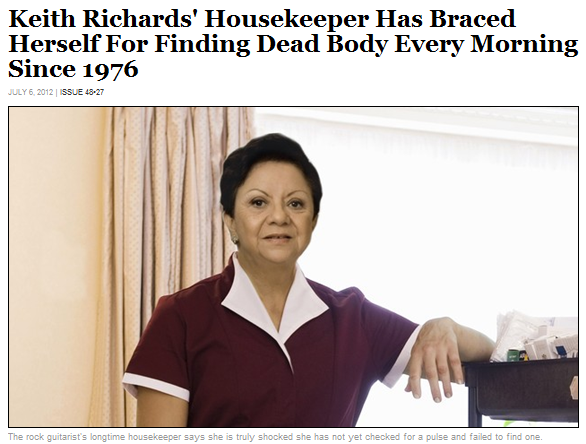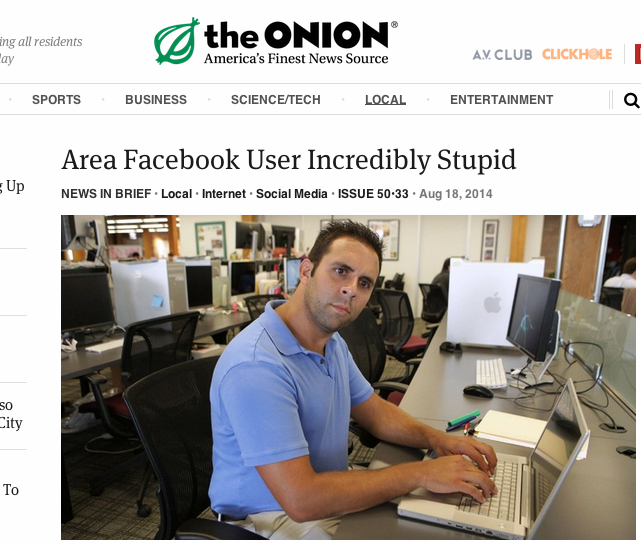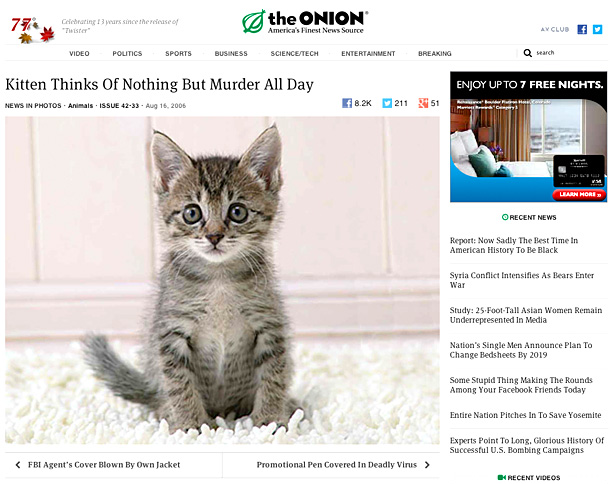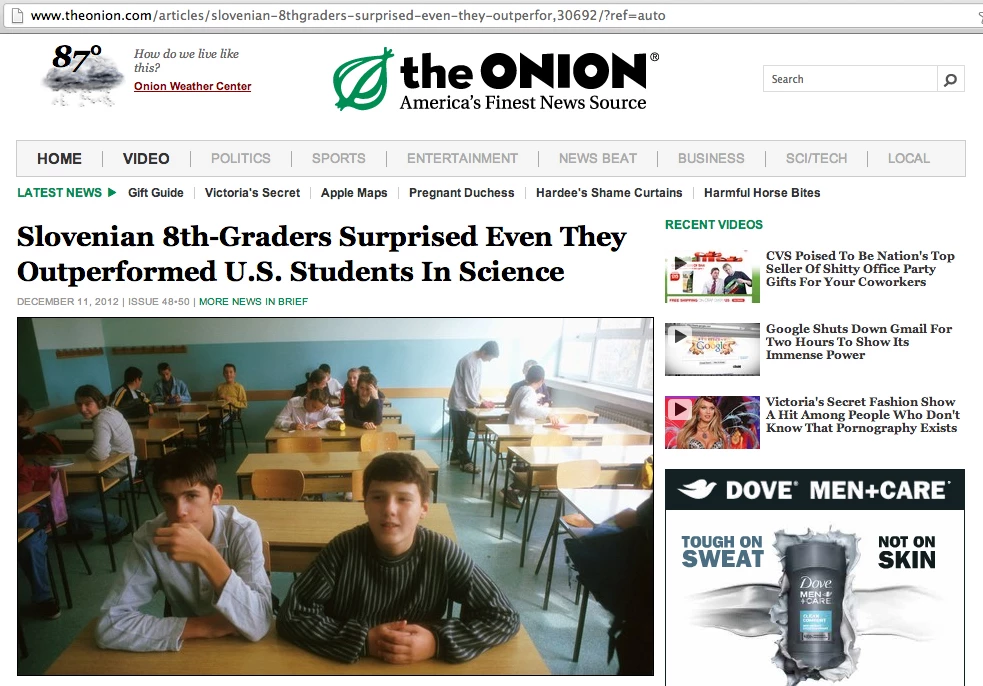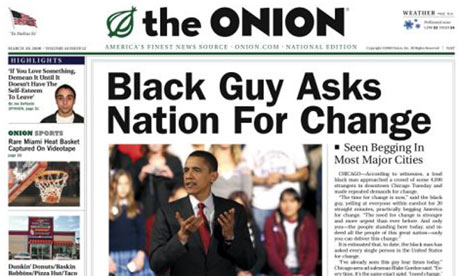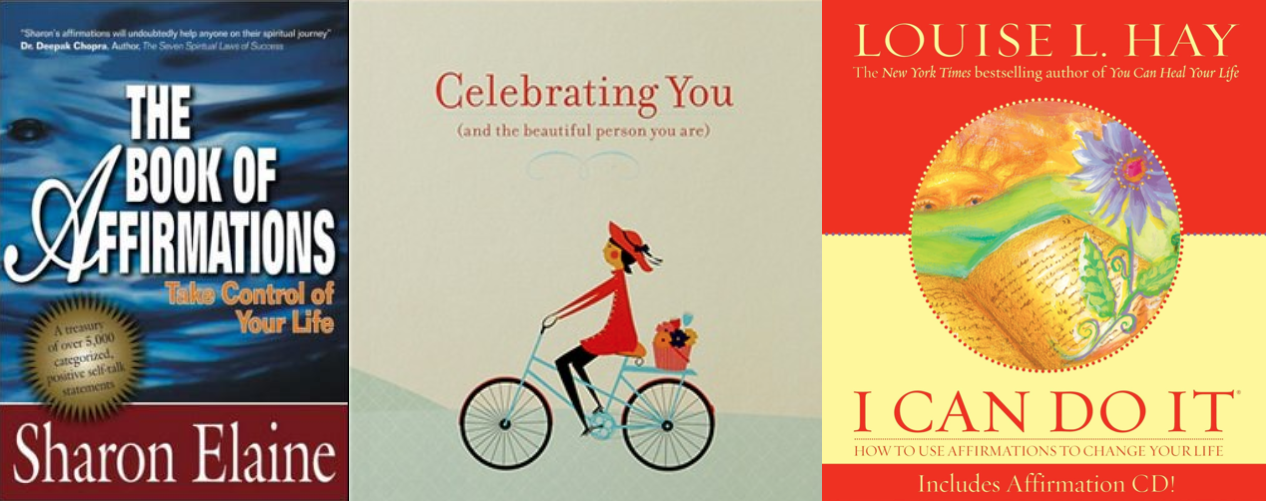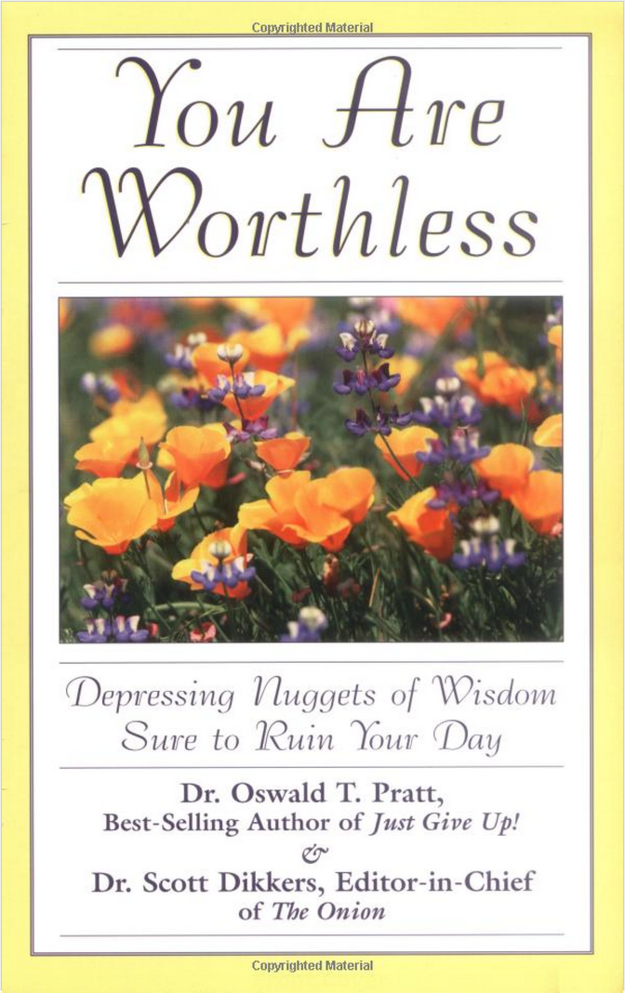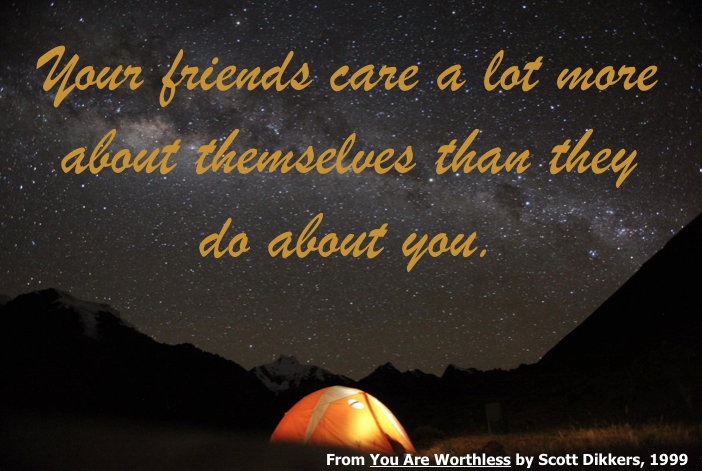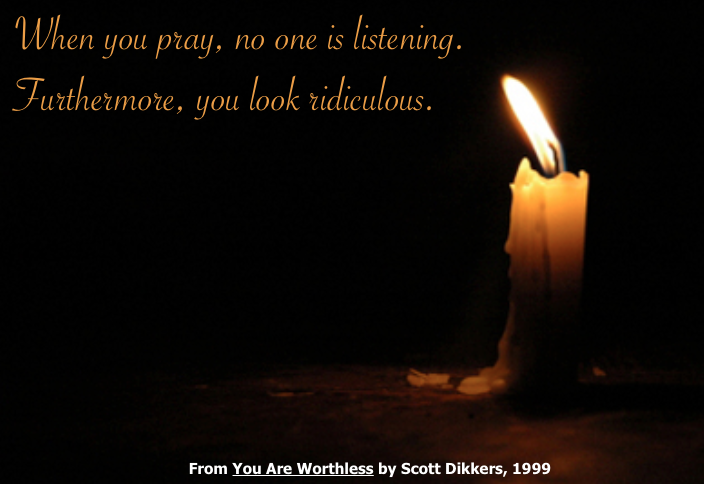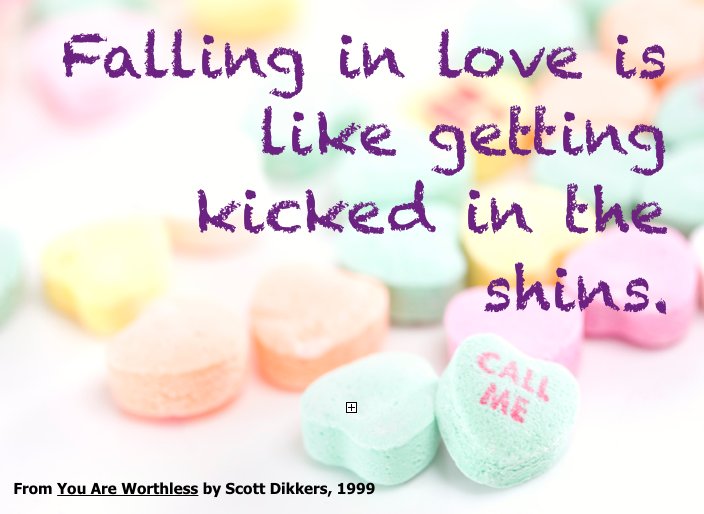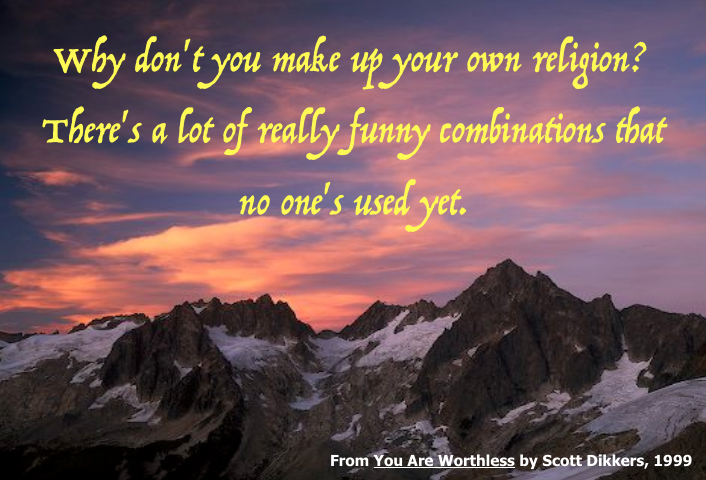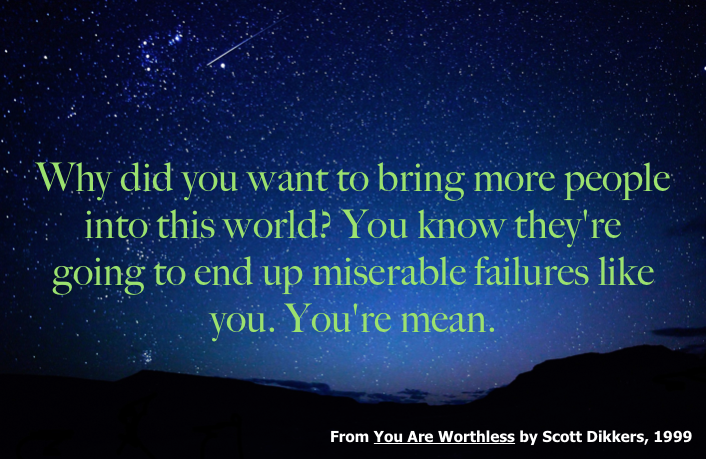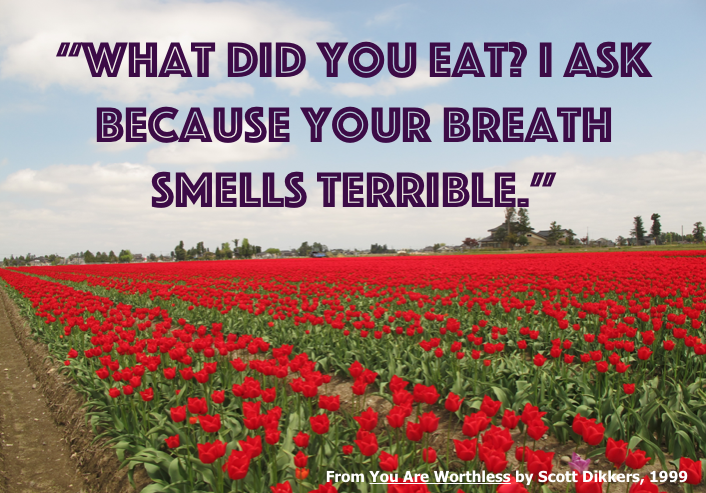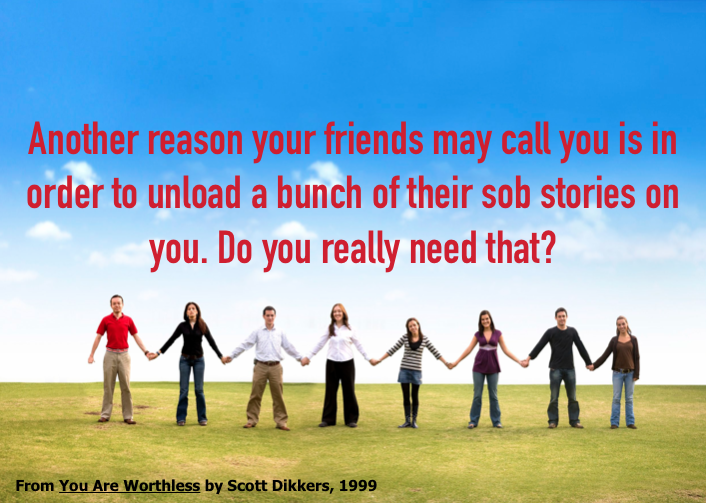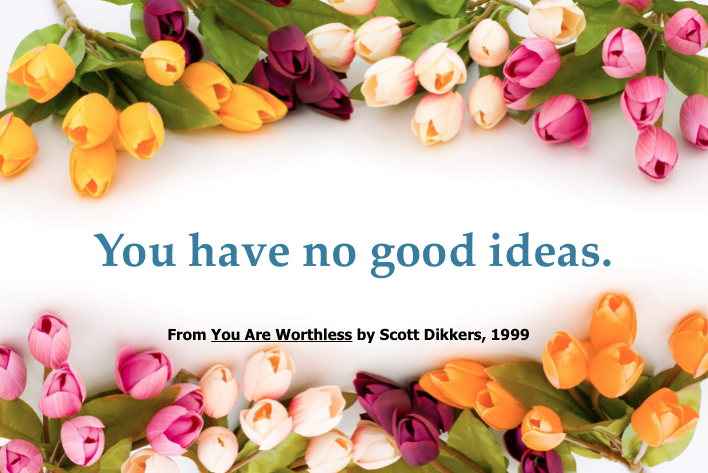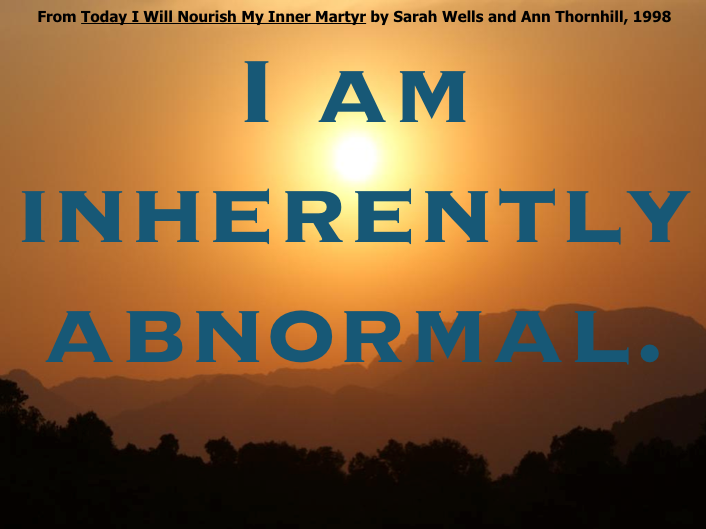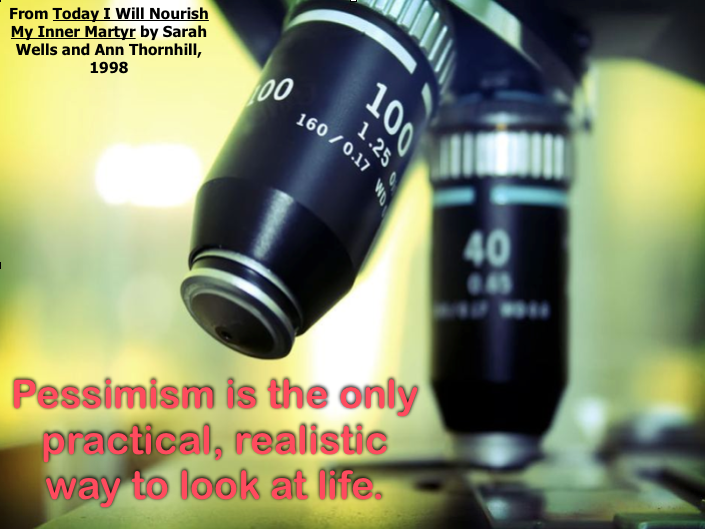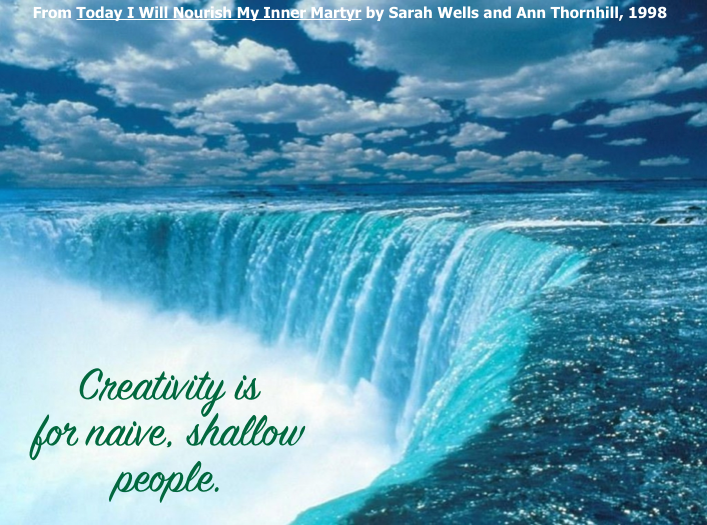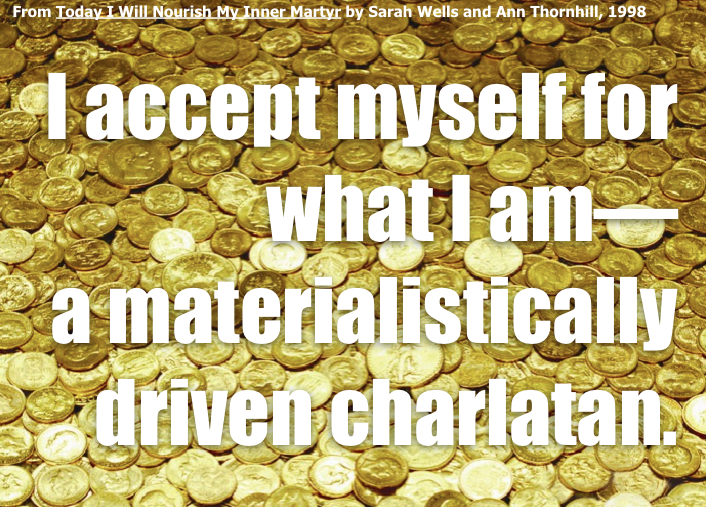Satire. A necessary “evil” that is actually a medicine for the ills of society and humanity. Here are a few pieces that can balance out our madness with a little lunacy: satirical journalism, prank article guides, and de-affirmational books.
Satire– def. the use of humor, irony, exaggeration, or ridicule to expose and criticize people’s stupidity or vices, particularly in the context of contemporary politics and other topical issues
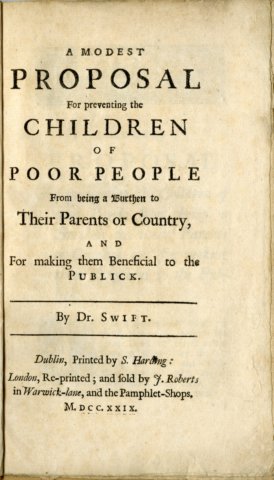 We all read Jonathan Swift’s “A Modest Proposal” in high school, right? If not, here’s a quick summation. In this 18th century satirical essay, Swift suggests a way for the Irish to survive the lean times: sell their children to be eaten by the rich. Less mouths to feed. More money in the pocket. Sustenance for the upper class. What’s the problem?
We all read Jonathan Swift’s “A Modest Proposal” in high school, right? If not, here’s a quick summation. In this 18th century satirical essay, Swift suggests a way for the Irish to survive the lean times: sell their children to be eaten by the rich. Less mouths to feed. More money in the pocket. Sustenance for the upper class. What’s the problem?
Well, fortunately, no one (as far as I know) actually took Swift’s advice to heart. But it pointed out problems with the economy, the poor treatment of the poor, the issues with social engineering, and the value of humanity in the midst of dire situations.
 Swift himself once said, “Satire is a sort of glass, wherein beholders do generally discover everybody’s face but their own.”
Swift himself once said, “Satire is a sort of glass, wherein beholders do generally discover everybody’s face but their own.”
But truthfully, satire shows us the evils of humanity– “of whom I am the worst” as St Paul said.
Some look at satire and only see only “evil.” Perhaps because they think it is intended to be instructive or definitive. But that is not usually the case. Mike Judge (creator of “Beavis and Butthead” and “King of the Hill” and Idiocracy) has this to say on the matter:
 It seems like there’s a lot of people who just do not understand satire. They think it’s weird. There’s people who just don’t understand you portray something or just explore a character, it means you’re condoning it, saying this is the way to live. (Confusing grammar- E.W.)
It seems like there’s a lot of people who just do not understand satire. They think it’s weird. There’s people who just don’t understand you portray something or just explore a character, it means you’re condoning it, saying this is the way to live. (Confusing grammar- E.W.)
Not only does storytelling and character development require poor decisions, evil influences, death, disease and monsters, but such elements are found in day to day life, thus bring a sense of reality to any sort of writing. And satire, like parody, operates with hyperbole, exaggeration, sarcasm, and grandiose imagination. AKA Swift suggesting people make some extra money by selling their babies. It’s awful, but reminds people of the awfulness of children living in poverty, going hungry, or dying due to treatable diseases.
 Some look at satire and only see meanness and mockery. Mockery and satire are very close– but author Jonathan Acuff writes, “Mockery is about wounding someone and leaving a bruise. Satire isn’t that way at all. I define satire as ‘humor with a purpose.‘” Some people see satire simply as a weapon, but while it can cut, perhaps that’s because it’s a scalpel, not a sword. It can be sharp and hurt others, but there is intention behind its use.
Some look at satire and only see meanness and mockery. Mockery and satire are very close– but author Jonathan Acuff writes, “Mockery is about wounding someone and leaving a bruise. Satire isn’t that way at all. I define satire as ‘humor with a purpose.‘” Some people see satire simply as a weapon, but while it can cut, perhaps that’s because it’s a scalpel, not a sword. It can be sharp and hurt others, but there is intention behind its use.

Creator of the Richardson Diet
18th century writer Samuel Richardson wrote “Friendly satire may be compared to a fine lancet, which gently breathes a vein for health’s sake.” While cutting people to “bleed” them turns out to be a poor medical practice, Richardson’s point rings true. At times, satire is necessary for the health of a person, group, or society.
Some don’t like satire, perhaps because it’s sometimes a little too close for comfort. The movie Idiocracy depicts what the world would look like if only the “uneducated hicks” of the world reproduced and took over the population.  Some of it is ridiculous. But some of it is scary true. Vanity Fair editor Graydon Carter notes, “Satire works best when it hews close to the line between the outlandish and the possible – and as that line continues to grow thinner, the satirist’s task becomes ever more difficult.“
Some of it is ridiculous. But some of it is scary true. Vanity Fair editor Graydon Carter notes, “Satire works best when it hews close to the line between the outlandish and the possible – and as that line continues to grow thinner, the satirist’s task becomes ever more difficult.“
At the heart of the issue, satire shows us our own ugliness. Perhaps deep down that’s why people don’t like it. I love this quote from 20th century novelist Dawn Powell:
 Satire is people as they are; romanticism, people as they would like to be; realism, people as they seem with their insides left out.
Satire is people as they are; romanticism, people as they would like to be; realism, people as they seem with their insides left out.
Romanticism paints people in pretty colors. Realism describes them in facts and figures. And satire presents a caricature that is somehow the most accurate picture around. So we all need a little satire now and then. Here are a few sources of humor that may help you see the naked emperor and the log jammed in your eye socket.
~:~
The Onion
I know you’ve heard of The Onion. Wait, you haven’t? Well, they are a serious news organization that broke the following stories:
The Onion is the best example of popular satire– unfortunately, many people do not realize that their stories are fake. So next time you see someone post an article about “Pop Star Admits Dr Pepper Addiction; Enters Rehab,” and aren’t sure if the poster is crazy or pop stars in general are lunatics, you can check out the site below.
~:~
Real Or Satire?
Tired of sharing an article that filled you with righteous indignation, only to be scolded by your social media circle for posting fake news?
Tired of living in constant fear that the ‘news’ you read isn’t actually news?
Wish there was a one-stop shop to check if a site is ‘satirical’ or submit a site to be labeled as ‘satire’? (Taken from realorsatire.com/about/)
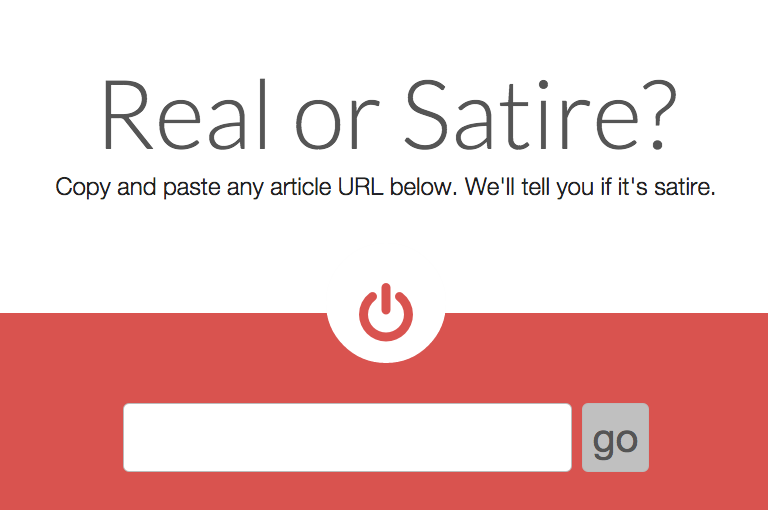 Well, now there’s Real or Satire. This site takes submitted links and investigates the site to determine whether it’s actual journalism or a big load of hooey. Because honestly, sometimes it’s hard to tell. I suppose all’s fair in love and satire, but some of these junk news stories seem to be made just for the purpose of misleading people. Not sure if it’s satirical journalism or prank journalism. Then again, you have to be knowledgeable about the fears, issues, and hopes of your audience, so perhaps it still reveals something about our culture and society.
Well, now there’s Real or Satire. This site takes submitted links and investigates the site to determine whether it’s actual journalism or a big load of hooey. Because honestly, sometimes it’s hard to tell. I suppose all’s fair in love and satire, but some of these junk news stories seem to be made just for the purpose of misleading people. Not sure if it’s satirical journalism or prank journalism. Then again, you have to be knowledgeable about the fears, issues, and hopes of your audience, so perhaps it still reveals something about our culture and society.
Which of the following are real news sites and which are satirical news sites? It may be harder than you think. (Answer at the bottom.) ClickHole.com, BigAmericanNews.com, TheUSPatriot.com, EmpireNews.com, AlterNet.org, WITScience.org, and News-Hound.org.
So next time you aren’t sure if you should believe that story about giant alligators or wonder if the latest comments from Obama are real, check out realorsatire.com.
~:~
De-Affirmational Books
 What I love about satire is how it states lies that we believe (deep down inside) or exaggerates truths that we have already stretched like a Stretch Armstrong pulled to its breaking point. We’ve all had days where we thought, “Man, I am a terrible human being” or wondered “Does anybody even like me?” (And my responses to that are “Yes” and “No.” Just kidding.)
What I love about satire is how it states lies that we believe (deep down inside) or exaggerates truths that we have already stretched like a Stretch Armstrong pulled to its breaking point. We’ve all had days where we thought, “Man, I am a terrible human being” or wondered “Does anybody even like me?” (And my responses to that are “Yes” and “No.” Just kidding.)
But really, I struggle with negative, self-critical, cynical thoughts. That’s why I had to write a two parter about the issue the other day — I was preaching to the choir!
So when some people feel overwhelmed by such thoughts, they like to read pretty books like these:
And you know what? Sometimes those books are just what you need. A reminder about who you are and why you matter. But sometimes you also need a book to point out all those terrible flaws and thoughts you have. When a satirical “affirmation book echoes your cynical criticisms (“You have no friends.” “Money is all that matters.”) you suddenly see how ridiculous and untrustworthy such thoughts are.
 It’s like bright bug zapper hanging in your porch– it’s almost as obnoxious and distracting (if not more) than all the flies and gnats hanging around outside. However, because of its annoying brightness, you don’t have to worry about the bugs anymore.
It’s like bright bug zapper hanging in your porch– it’s almost as obnoxious and distracting (if not more) than all the flies and gnats hanging around outside. However, because of its annoying brightness, you don’t have to worry about the bugs anymore.
These type of books show us how awful we really are– but also remind us, “Hey, maybe things are quite that bad.” Here are two examples.
You Are Worthless
I found this book while browsing a book store and almost put it down because I thought it was just another flowery, inspirational “You Can Do It” books that tend to depress me when I’m already depressed. But then I looked at it a little more. And while it does have the flowers and the script font, it is the perfect piece of satire with a spot-on title: You Are Worthless.
When you have negative thoughts, counselors will tell you to write them down and then reflect on why you came those conclusions. Well this book already has hundreds of depressing tidbits for you to think about. Hopefully you can see that while some of them are true some of the time, for the most part, this is, as I’ve been saying, just satire. Here are a few images I generated from the book.
You can purchase your own copy on Amazon if you click here!
~:~
Today I Will Nourish My Inner Martyr
 There are many of these types of books out there. If you want to be cynical (and I welcome it in an article about satire), my icur series could fall into this category. These books have statements like, “Today, I will remember that I am beautiful” and “I will treat my friends as treasures from God” and “I will nourish my inner child today and go outside and play.”
There are many of these types of books out there. If you want to be cynical (and I welcome it in an article about satire), my icur series could fall into this category. These books have statements like, “Today, I will remember that I am beautiful” and “I will treat my friends as treasures from God” and “I will nourish my inner child today and go outside and play.”
Great stuff, but sometimes it’s so saccharine sweet it makes you want to vomit.
This book is perfect for when you are going through those “the world is awful and so am I” seasons– because it traps those negative thoughts, freezes them in ink, and lets you stand back and say, “Oh… that’s funny… yikes, I actually thought that today… maybe things aren’t so bad.” Here are a few images I generated from this book.
You can purchase this book on Amazon if you click here!
~:~
I plan to post a part 2 to this article– so I can address Christian satire and how we really need it in a sinful world gone mad. Hope you enjoyed this post! See you next time!
Real or Satire Answer: Alternet.org is a real news site (though with it’s own slant).

